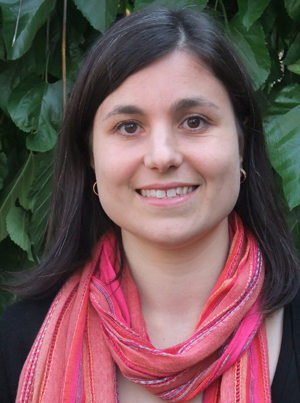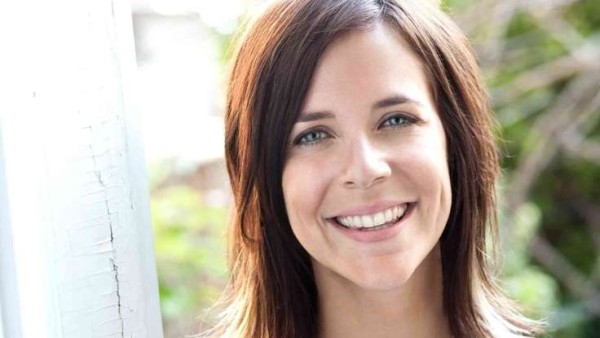The “organic” revolution is big business these days. By one estimate, organic products — from food to fast-fashion — gross $64 billion around the world annually. Some consumers swear by organics. Still others are skeptical. Where does the truth lie?

Richie Mehta’s five-part series on Vision TV, Organic Panic, which starts on Monday, April 13 at 10 p.m. ET, examines the issue from both ends of the spectrum. In each episode, a believer is pitted against a skeptic. Judging by two of the episodes, the sparks fly, illuminating the debate.
In Organic Food, the pro-organic faction is represented by a journalist and the son of a farmer.
Sarah Elton, the author of Consumed: Food For A Finite Planet, a book setting out the merits of organic foods, argues that we risk despoiling our fragile universe unless we dispense with the current model of chemically-enhanced food production. She’s convinced we don’t have to be reliant on toxic pesticides to feed the world’s seven billion inhabitants.

Elton is backed up by Stew Granger, a trauma nurse whose ancestors were conventional farmers, and by Ran Goel, an organic farmer who works a few acres of land in Toronto.
We’re reminded that food was grown by organic means two centuries ago, when chemical pesticides were non-existent. Pierre Desrochers, a University of Toronto geographer and food policy expert, claims there simply isn’t enough livestock to produce a sufficient amount of manure for a sustained program of organic farming. And he points out that no clear evidence exists to validate the assumption that organic food is healthier than conventional food.
In Personal Care Products, we’re introduced to Holly Rasky, a lawyer who buys organics on the supposition that it’s good for her health, but who’s concerned that she’s being gouged.
Rasky meets pro-organic journalist Adria Vasil at a “green living” show. Vasil claims that a certain brand-name toothpaste contains triclosan, a poisonous ingredient. Rasky wonders whether Vasil’s information is correct.

Elizabeth Dunn, a Health Canada inspector, appears to settle the matter. The federal government, she says, has no objection to triclosan. It’s not on the “hot list” of prohibited ingredients hazardous to human health.
Darren Praznik, a lobbyist for the Canadian personal care industry and a former Manitoba health minister, assures Rasky that Canadian safety reviews of such products are reliable.
So who’s right?
It’s obviously a complex issue, but Organic Panic puts it into perspective.